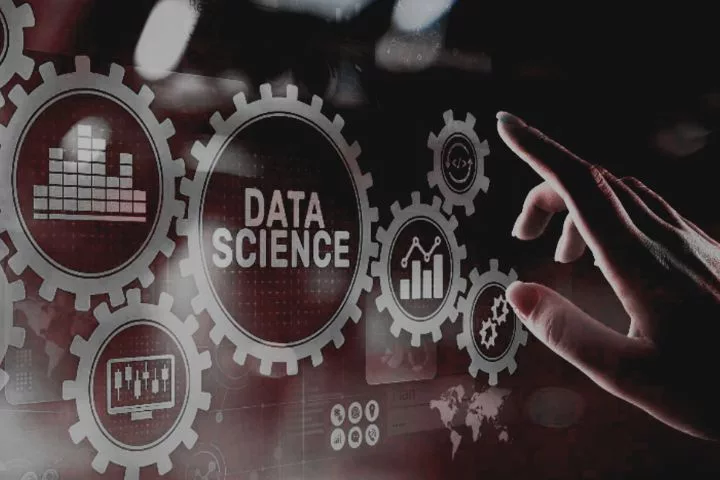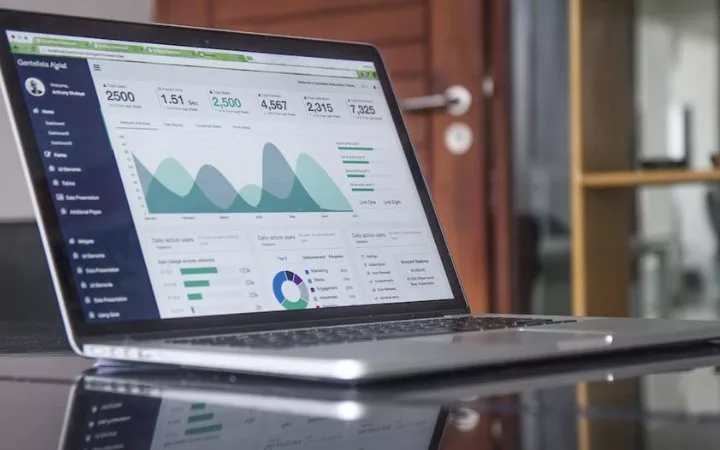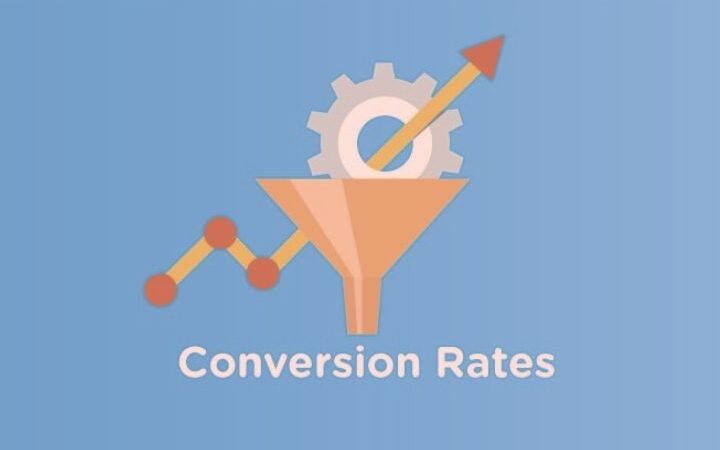Data Scientist : An Exceptional Job For Software And Business Department Experts

A valuable by-product of digitization is vast amounts of data. Data scientist evaluate them and conclude them. What are the requirements for this job, and how in demand is it at the moment?
Digital business processes and applications produce a vast amount of data. However, for providers from business, science, and administration to be able to use them, specialists are needed: data scientists.
They analyze unstructured raw data and use their results to lay the foundation for business and political decisions and innovative products and research findings.
These data specialists work in business, science, and public administration. But they are also in demand in the non-profit sector and further education because in these areas – just like in the private sector – a tailor-made target group approach is decisive for the success of campaigns and offers. The basis for this is always data.
Data Scientist reports from everyday work.
Stefen is a data scientist at Microsoft. Before that, he worked at IBM, a management consultancy and research institute. “I studied geography and economics and then did my doctorate in economics.”
Stefen tasks in recent years have included turnover and sales forecasts and process improvements through automation. At the banking group, Stefen pushed ahead with the automation of email processing.
Your current work consists mainly of management tasks. I lead an agile team and, above all, work strategically. We are landing projects that show what AI and data science can bring to the business.
Lateral entry as a data scientist is possible.
Data scientists work with scientific methods, such as statistics and machine learning. That is why IT specialists are in demand in this profession, as well as women and men who have completed other courses such as mathematics, economics, or business administration.
There is also the possibility of lateral entry. This applies, for example, to people with a degree in engineering, natural sciences, or social sciences who have completed further training in data science.
An additional master’s degree in data science is not necessary for this. Good opportunities for people with no previous IT knowledge or 40 or 50-year-olds to enter this area. Of course, a corresponding curiosity is a prerequisite.
Analytical skills and creativity are essential for data scientists. Soft skills are also essential. “Because this professional group has to communicate the results of their data analyses in the respective Company and give recommendations for action that can impact competitiveness and the Company’s success.
The chances of finding a job in data science are excellent: “In 2021, 96,000 IT jobs were vacant. The data scientist job was one of the four most sought-after IT specialists, and Data science will continue to offer excellent career prospects in the future.
Because we have not yet reached the end of development, there will be more and more intelligent products and services. To create and further develop these, data scientists are essential.
Data Scientist: What makes the job special and which is suitable
Data scientists analyze and process large amounts of data from various sources. In this way, they determine, for example, information about customers or trends.
Form of training: Bachelor’s degree or master’s degree in subjects such as data science, computer science, or mathematics
Duration of training: three to five years
Suitability: Knowledge of statistics and mathematics, knowledge of programming languages, analytical, logical, and mathematical thinking, creativity, technical understanding, business knowledge, organizational skills, communication skills
Requirements: Degree a master’s degree is usually required for management positions or specialized tasks.
Industries: companies that process large amounts of data; Software manufacturers, IT service companies as well as public administrations, universities, and research institutes






